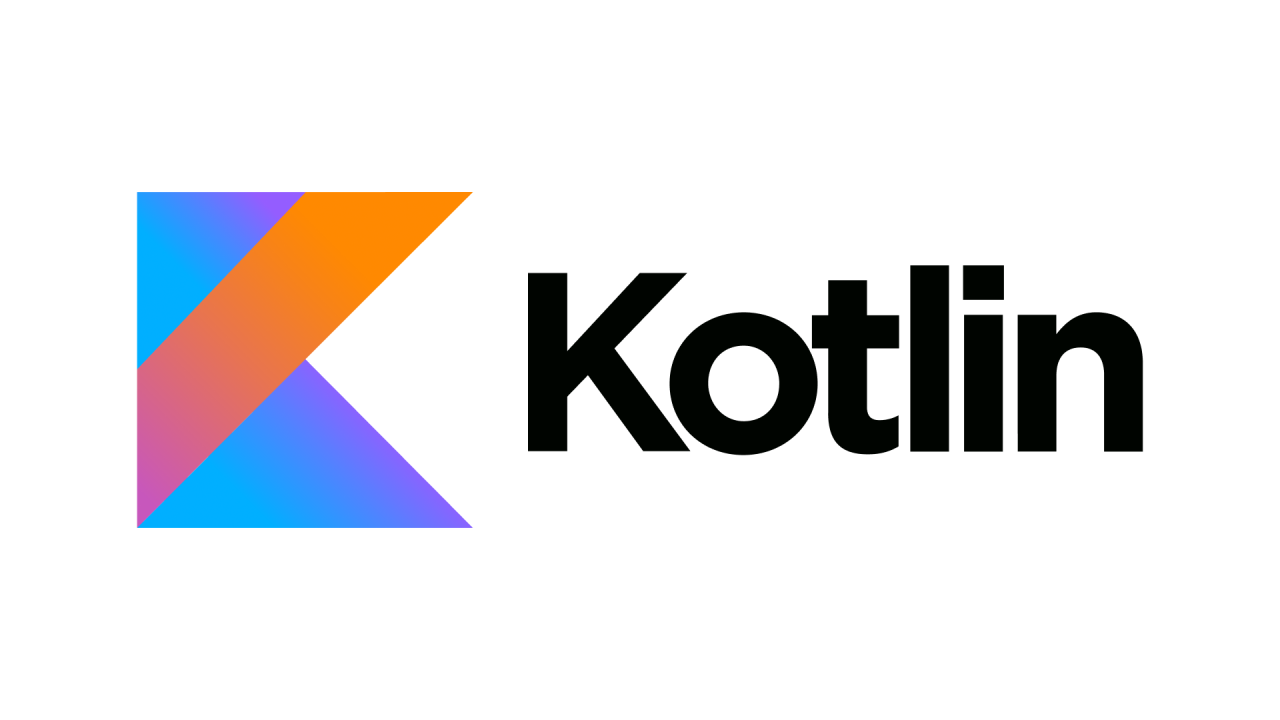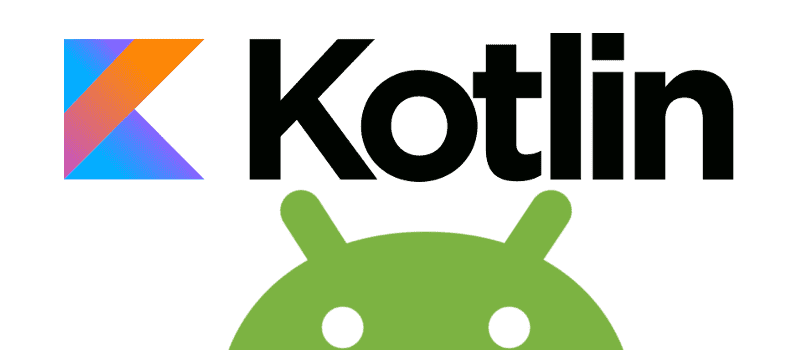
Xamarin Experts Building the Future of Mobile Apps
Xamarin’s Enduring Legacy in the Mobile Development Landscape
Xamarin, despite its integration into .NET MAUI, continues to hold a significant place in the hearts and minds of many mobile developers. Years of experience and a vast library of existing applications built with Xamarin demonstrate its lasting impact on the mobile app ecosystem. Many skilled developers honed their craft using Xamarin, and their expertise remains highly valuable as businesses continue to maintain and update these legacy applications. This expertise isn’t simply about fixing bugs; it’s about understanding the nuances of Xamarin’s architecture and leveraging its strengths for optimal performance and functionality.
The Expertise: More Than Just Code
Xamarin experts aren’t just programmers who can write code; they possess a deep understanding of cross-platform development principles. They’re proficient in C# and understand how to translate business requirements into efficient, scalable, and maintainable mobile applications. Their skillset goes beyond writing code; it encompasses architecture design, performance optimization, security best practices, and the ability to effectively integrate with various backend services. This holistic approach is crucial for creating robust and user-friendly mobile experiences.
Maintaining and Modernizing Existing Xamarin Apps
A significant portion of a Xamarin expert’s work involves maintaining and modernizing existing applications. This requires a keen eye for detail, a solid understanding of the application’s architecture, and the ability to troubleshoot and resolve complex issues. Modernization often includes integrating the latest features, improving performance, enhancing security, and adapting to changes in operating system versions and device capabilities. This ensures that these applications remain relevant and continue delivering value to users.
Bridging the Gap to .NET MAUI
The transition from Xamarin to .NET MAUI (Multi-platform App UI) presents both challenges and opportunities for Xamarin experts. Their existing knowledge forms a solid foundation for learning and adapting to the newer framework. While there are differences, the underlying principles and many coding patterns remain similar, making the transition smoother than a complete paradigm shift. Xamarin experts are uniquely positioned to lead the migration of existing Xamarin applications to .NET MAUI, leveraging their deep understanding of the technology stack.
The Value of Xamarin Expertise in a Competitive Market
In the competitive mobile app development market, the demand for skilled Xamarin developers remains strong. Companies with existing Xamarin applications need experts to maintain and improve them. The expertise these developers possess is invaluable, ensuring the continued functionality and value of their investments. This expertise is a valuable asset, whether it’s in updating older apps, integrating new features, or leading the migration to newer technologies like .NET MAUI.
Future-Proofing Mobile Applications with Xamarin Knowledge
While .NET MAUI is the future of cross-platform development within the Microsoft ecosystem, Xamarin’s legacy remains significant. The skills and knowledge acquired through years of working with Xamarin are directly transferable to .NET MAUI, making Xamarin experts highly sought-after individuals. This means their expertise isn’t limited to legacy applications; they can also play a vital role in building new, cutting-edge mobile applications using the latest technologies. This future-proofing capability makes their skills invaluable for any










